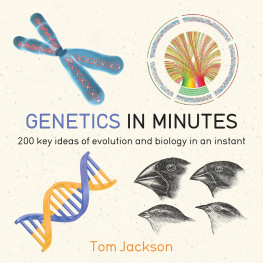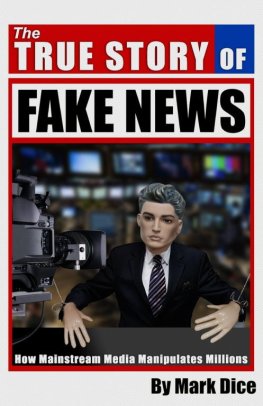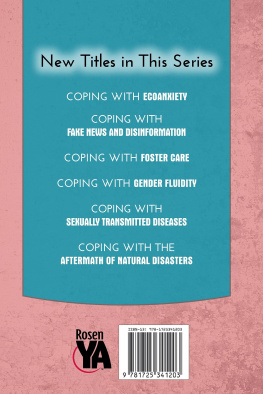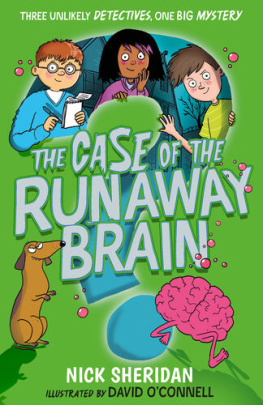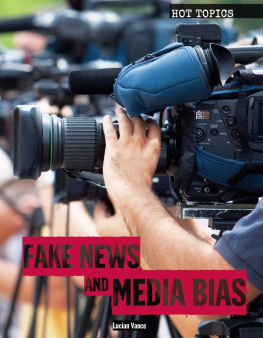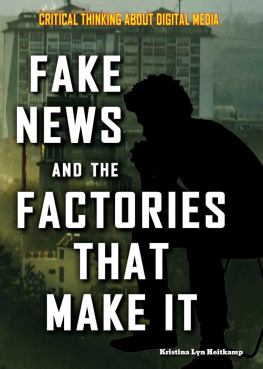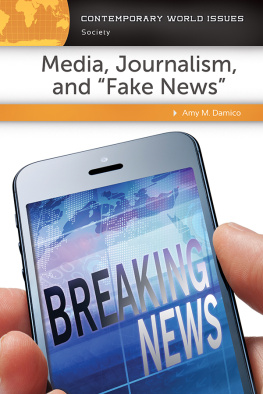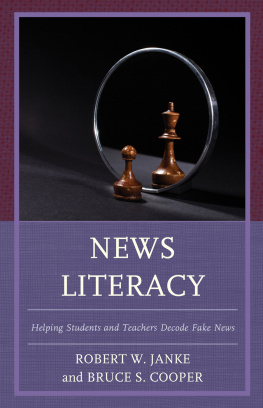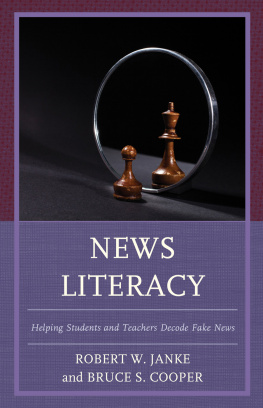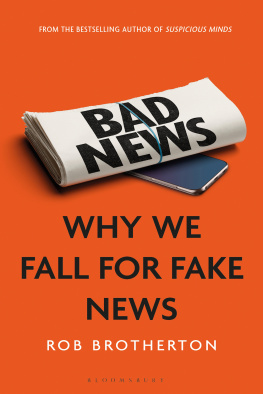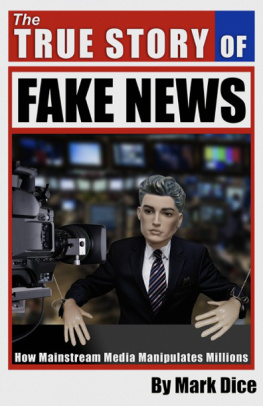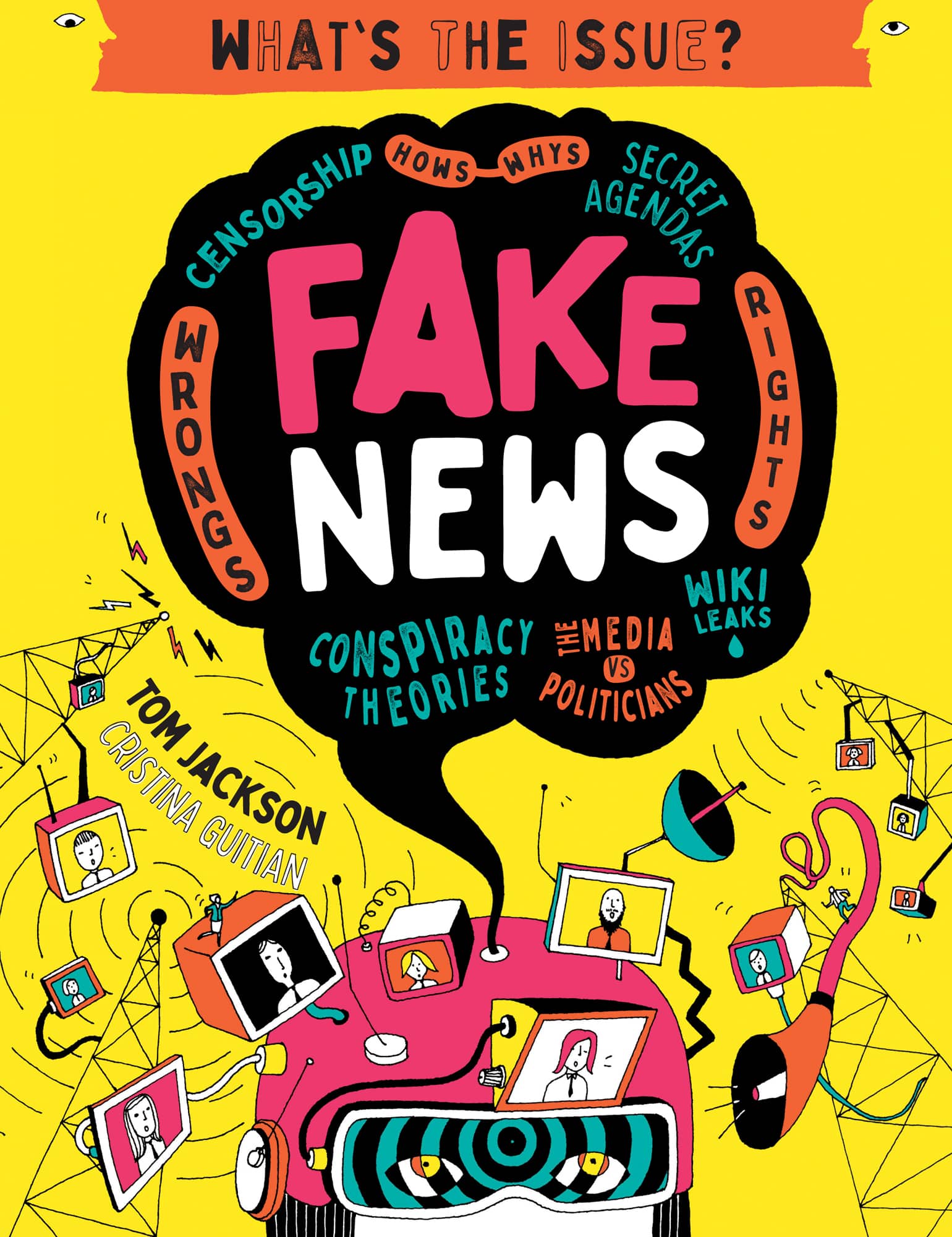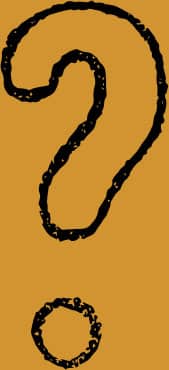The news media is very powerful. Without it we would not know much about what is going on in the world, and whatever we did know would be old news already. But there are many people around today warning us that the news is fake and it is being made up to hide the truth or trick us. If you are confused by fake news then you are not alonefake news is designed to cause confusion. I cant tell you whats real, but I can tell you what I know and set out whats what and whos who.
THEN ITS UP TO YOU TO MAKE AN INFORMED OPINION.
Ill show you how humans have always made up stories to explain, entertain, and innovate. Well see that although fake news seems like a recent invention, its actually nothing new. Well explore how news can become faked in different ways and for different reasons. Its complicated, but you are going to need to know all this to be able to figure out what news is true and what news is not. Its not easy as often there is no simple answer.
SO WHAT DO YOU THINK?
WHAT DO YOUR FRIENDS THINK?
WHAT DO YOUR TEACHERS THINK?
WHAT DO YOUR PARENTS THINK?
Everyone and anyone can have an opinion, but not everyones opinion is fully informed. With this book youll have the knowledge to back up your arguments.
OPINIONS MATTER, SO WHAT WILL YOURS BE?
WHAT'S TRUTH GOT TO DO WITH IT?
E verything in this book is the truth, the whole truth, and nothing but the truth. Ah, Ive done it already. Ive lied. Sorry. There is going to be a whole lot of falsehood as well as truth in here. We will explore the ideas around communication and the news media, as well as why people make up fake news stories and how to spot them. Fake news is nothing new. The Roman emperors used it to try to discredit their rivals, and politicians used to lie about each other much more than they would ever do now. So why are you and I here in this book? Read onyou wont be disappointed.
POST-TRUTH
Some people have a rather gloomy outlook. They say we are living in a post-truth world, where being informed and expert in a subject is no longer important. In addition, it seems we no longer all need to agree on what is true and what is falsewe can believe whatever suits us. If we dont like the facts we can simply adopt alternative facts. Is that even possible? As well explore later, the way we use information has changed in the last few years. The most important thing now appears to be our opinion, even if its on matters we dont really know anything about.

DEEP STATE
Post-truth has gone so far that some people believe that we are controlled by a deep state, or state within a state. Some people think that the politicians and mainstream media are all in it together to distract us from the fact that our votes dont mean anything any more. This is an idea that a much greater number of people are prepared to accept now, compared to a few years ago. Fake news, conspiracy theories, and straightforward lies are being used to turn sections of society against another. What can we do about that? Read on to find out.
WHAT'S WHAT?
THE MEDIA
It is the job of the media to keep us informed about what is going on in the world. The media is made up of many types of news medium, such as newspapers, magazines, TV, radio, online news sites, and social media. The news media has a difficult job. It needs to inform and educate us about complex subjects but keep us entertained at the same time. Over time, the news media has had to alter the way it works, and it is still changing as we increasingly communicate online.
THE CONSEQUENCES OF SPEECH
We should all be blessed with the freedom of speech and, in many places in the world, people can say more or less whatever they want. However, freedom of speech doesnt give us freedom from the consequences of what we say. Spreading false information and fake news has consequences that we are only just beginning to fully understand. Who gets to decide what is true and what is false anyway?
WHAT IS FAKE NEWS?
How should we define fake news? Is it anything that turns out to be falseeven if it was reported by mistake? Is it news that promotes one idea unfairly over another? Or is it only news reports that have been deliberately created to stir up trouble?
THE EVOLUTION OF SPEECH
W e humans are the only animals that use language. That is to say we do not simply alert each other with calls of a particular sound. Instead we create meaning by constructing sentences with interchangeable words. (I did that just then.) So why did humans develop this extraordinary ability and how does it make us different from our animal relatives?
SOCIAL GLUE
Humans evolved from apes who lived in the lush forests where our nearest relatives, the chimpanzees, still live. Chimps live in groups of about 50 who work together to find food and secure territory. When early humans left the forests for Africas grasslands, they began to live in groups about three times this size. (Even today most people can easily remember the names and faces of 150 people.) Chimps build personal relationships by sitting quietly and grooming each other. Thats not really possible in a group of 150, so instead we developed talking as a way to maintain good relations.
Many things set humans apart from other animals: tools, hands, big brainsbut speech may be the most important of all. Most conversations take place between two or three people and sometimes what is said is about other people who arent present. From the earliest human societies, spreading rumors and telling lies was a powerful tool for causing conflictsand preventing them as well. Nothing much has changed, has it?
INFORMATION EXCHANGE
Lets look at the kinds of information exchanged in typical conversations. Imagine a couple of early humans are chatting:
Fact: Our leader was killed by a boar during a hunt last night.
Lie: The new leader could have saved him but actually helped the boar kill him.
Little lie: Our leader was a very good hunter.


